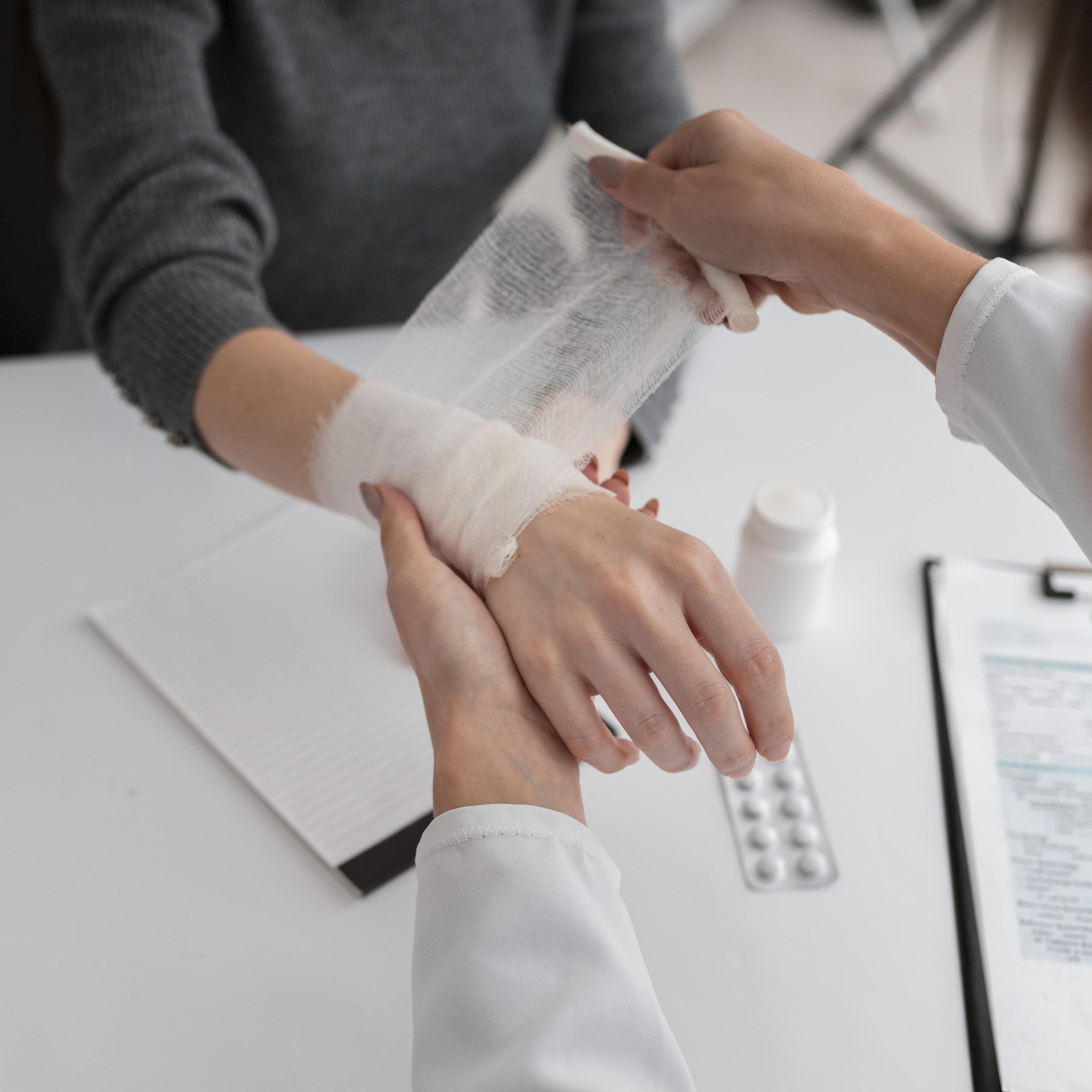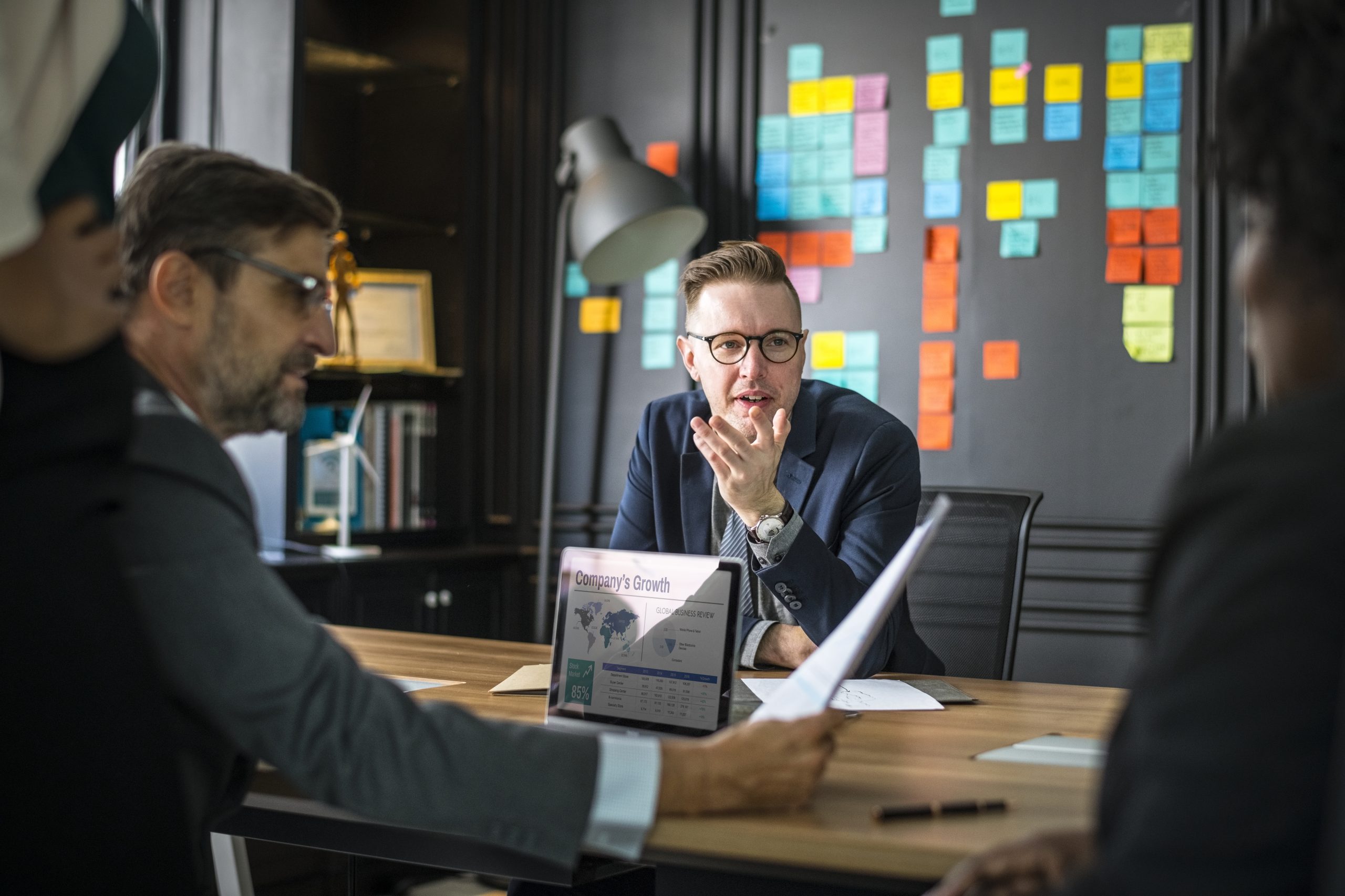- Resources
- Bridging the Gap: Legal Aid Organizations for Low-Income Personal Injury Victims
Bridging the Gap: Legal Aid Organizations for Low-Income Personal Injury Victims
May 29, 2024

In personal injury law, gaining access to legal aid is crucial for seeking justice and accomplishing proper reimbursement. As outlined in our previous blog on “Bridging Divides: Tips for Effective Mediation in Personal Injury Disputes,” efficient advocacy is critical for maneuvering through the intricacies of litigation. However, hiring a personal lawyer can be too expensive for those with limited economic resources. In those instances, legal aid organizations guarantee equal access to justice.
Let’s delve into the essential services introduced via legal aid organizations for individuals with low income who have suffered personal injury and how they can bridge the gap in legal aid.
Providing Access to Justice:
Legal aid organizations act as vital resources for individuals with low incomes who can not afford the services of a private lawyer. By offering free or low-cost legal assistance, legal aid organizations guarantee that no matter their financial situation, they can access justice and guard their rights in personal injury cases.
Like powerful mediation, which relies on clear conversation and cooperation, legal aid organizations enable access to justice by supplying low-income individuals with the legal aid they require to navigate personal injury cases. By bridging the gap in legal resources, legal aid organizations empower people to seek the proper repayment for their injuries.
Navigating Complex Legal Procedures:
Personal injury cases may be complex and intimidating, particularly for people lacking legal knowledge. Legal aid organizations offer vital assistance by leading underprivileged clients through the legal system, clarifying their entitlements and choices, and assisting them in discussions and courtroom techniques.
Successful mediation involves careful planning and strategic representation, and legal aid organizations supply underprivileged people with the legal knowledge necessary to navigate personal injury cases effectively. By offering advice and representation, these organizations help create equality and guarantee that all sides have an equal chance to resolve their disagreements.
Assisting with Evidence Gathering:
Gathering evidence is crucial for constructing a sturdy argument in personal injury lawsuits. Legal aid groups help clients with limited income gather essential proof, such as medical files, witness accounts, and expert opinions, to support their assertions and represent them efficiently.
Equitable mediation depends on thorough groundwork and evidence collection. Legal aid groups help low-income individuals collect the evidence to back their personal injury allegations. By providing advice and help during the evidence-gathering phase, these organizations help reinforce their clients’ lawsuits and improve their likelihood of achieving reasonable reimbursement.
Negotiating Fair Settlements:
Negotiating fair settlements is a critical part of personal injury cases. Legal aid organizations advocate for low-income people in settlement negotiations, safeguarding their rights and concerns, thus ensuring that they’re offered fair settlements for their injuries and losses.
Successful mediation necessitates skilled negotiation and representation, and legal aid businesses assist low-earnings human beings in achieving honest settlements in personal damage conflicts. By standing up for them and negotiating with other parties, these groups guarantee that their clients are granted fair compensation for their injuries.
Fostering Empowerment and Access to Resources:
In addition to legal illustration, legal aid organizations empower low-income people by offering resources and services that could help them re-establish their lives following a personal injury. From assisting individuals in obtaining medical treatment and healing services to connecting them with social assistance structures, these groups play a vital function in helping individuals regain control of their lives.
Like successful mediation, which promotes collaboration and empowerment, legal aid organizations empower low-income individuals by supplying resources and services to assist them in navigating the obstacles of recovering from personal injury. Through comprehensive support, these organizations aid clients in rebuilding their lives and progressing with certainty.
Conclusion:Legal aid groups guarantee equal access to justice for low-income individuals in personal injury situations. By offering no-cost or inexpensive legal support, advice, and assistance services, these groups enable individuals to uphold their entitlements, handle the intricacies of legal action, and secure fair reimbursement for their injuries.
All Categories
- Agile Legal Support (1)
- Case Law (87)
- Case Studies (6)
- Demand Letter (14)
- Deposition Summaries (11)
- Legal Outsourcing (2)
- Legal Research (72)
- Marketing (1)
- Medical Summaries (14)
- Others (4)
- Personal Injury (53)
- Virtual Assistant (58)
- Virtual Paralegal (1)
Related Blogs
Recent Blogs
-


May 29, 2024
What is a Virtual Paralegal Services in the USA & How Can They Help Your Law Firm?
Read more -


May 29, 2024
Benefits of Legal Outsourcing Every U.S. Law Firm Should Know in 2025
Read more -


May 29, 2024
How Agile Legal Support is Changing the Face of Law Firms: Efficiency, Cost Savings and Pro-Client Outlook
Read more
